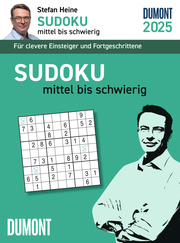Citizenship Curriculum in Asia and the Pacific (gebundenes Buch)
Citizenship Curriculum in Asia and the Pacific
CERC Studies in Comparative Education 22
Bibliographische Informationen
Beschreibung
Based on case studies of 11 societies in the world's most dynamic region, this book signals a new direction of study at the intersection of citizenship education and the curriculum. Following their successful volume, Citizenship Education in Asia and the Pacific: Concepts and Issues (published as No. 14 in this series), the editors, widely regarded as leaders in the field in the Asia-Pacific region, have gone beyond broad citizenship education frameworks to examine the realities, tensions and pressures that influence the formation of the citizenship curriculum. Chapter authors from different societies have addressed two fundamental questions: (1) how is citizenship education featured in the current curriculum reform agenda in terms of both policy contexts and values; and (2) to what extent do the reforms in citizenship education reflect current debates within the society? From comparative analysis of these 11 case studies the editors have found a complex picture of curriculum reform that indicates deep tensions between global and local agendas. On one hand, there is substantial evidence of an increasingly common policy rhetoric in the debates about citizenship education. On the other, it is evident that this discourse does not necessarily extend to citizenship curriculum, which in most places continues to be constructed according to distinctive social, political and cultural contexts. Whether the focus is on Islamic values in Pakistan, an emerging discourse about Chinese 'democracy', a nostalgic conservatism in Australia, or a continuing nation-building project in Malaysia - the cases show that distinctive social values and ideologies construct national citizenship curricula in Asian contexts even in this increasingly globalized era.
This impressive collection of case studies of a diverse group of societies informs and enriches understanding of the complex relationship between citizenship education and the curriculum both regionally andglobally.
Inhalt
Andere Artikel von "David L Grossman/Wing On Lee/Kerry J Kennedy"
Lieferbar innerhalb ca. einer Woche

Weitere Artikel aus der Kategorie "Pädagogik/Bildungswesen"
Lieferbar innerhalb 24 Stunden







